Protective Waterproofing for Commercial and Residential Buildings
Waterproofing services are essential for maintaining the integrity of both new and existing foundations. Proper waterproofing can prevent water infiltration, which may lead to structural damage, mold growth, and decreased property value. Studies indicate that homes with effective waterproofing experience fewer issues related to water damage and have increased longevity. In Columbia, Missouri, where seasonal changes bring varying moisture levels, waterproofing is a proactive measure to protect properties. Approximately 60% of basement leaks are caused by inadequate waterproofing, emphasizing its importance. Implementing waterproofing solutions can save homeowners significant repair costs over time. This service involves sealing foundation walls, installing drainage systems, and applying waterproof coatings to prevent water intrusion.
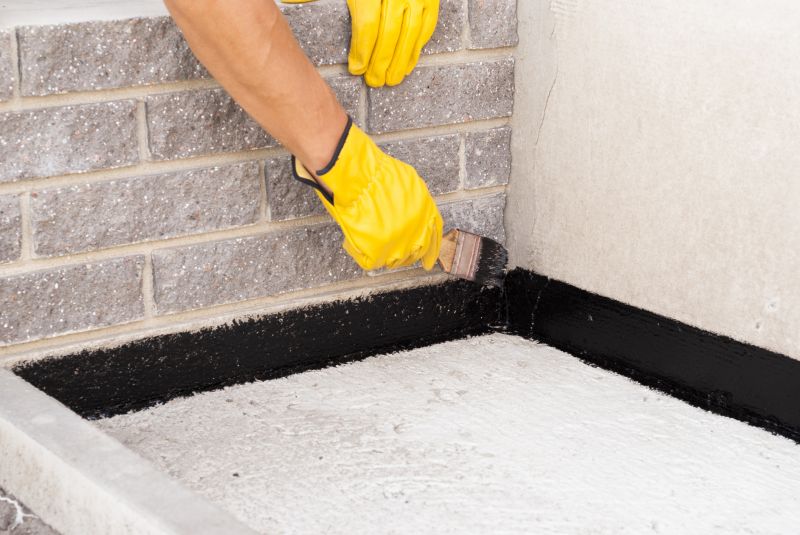
A technician applies a waterproof sealant to foundation walls to prevent water seepage.
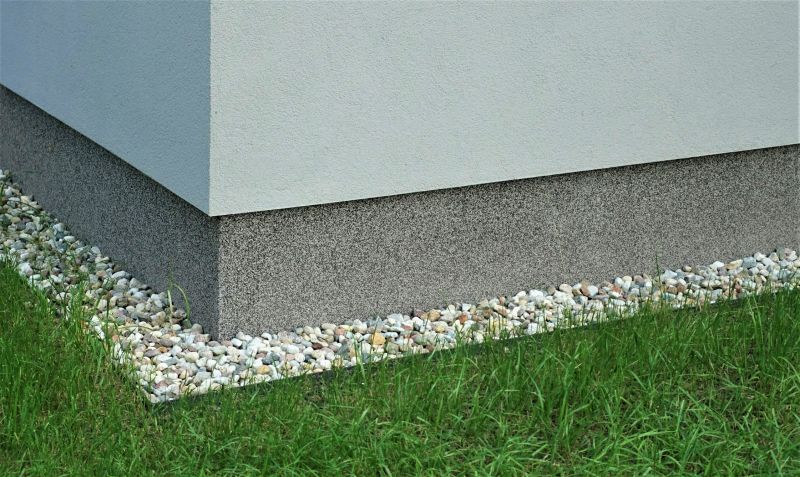
Installing drainage systems around the foundation helps divert water away from the structure.
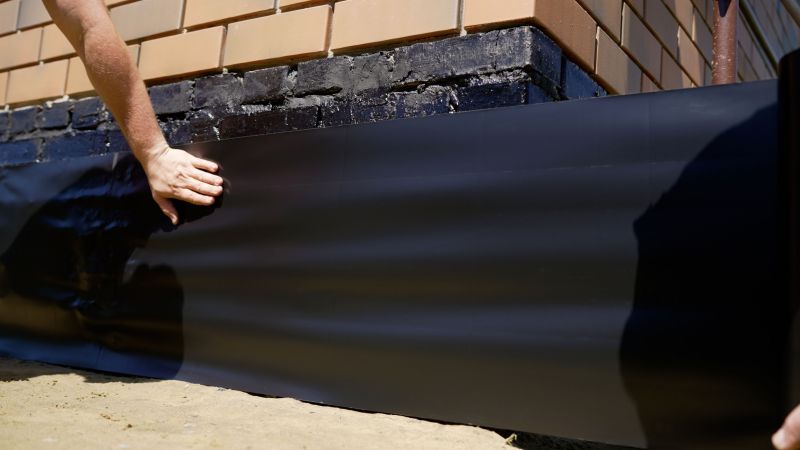
Applying waterproof coatings creates a barrier against moisture penetration.
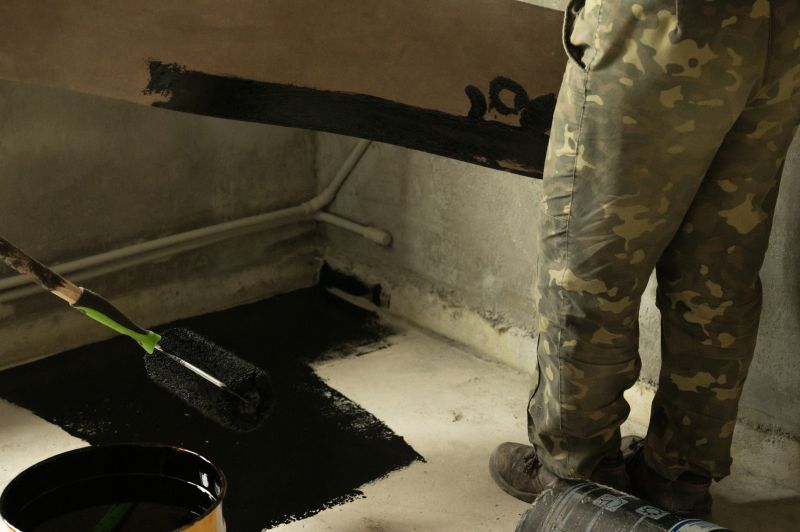
Interior waterproofing methods are used to dry out and protect basement spaces.
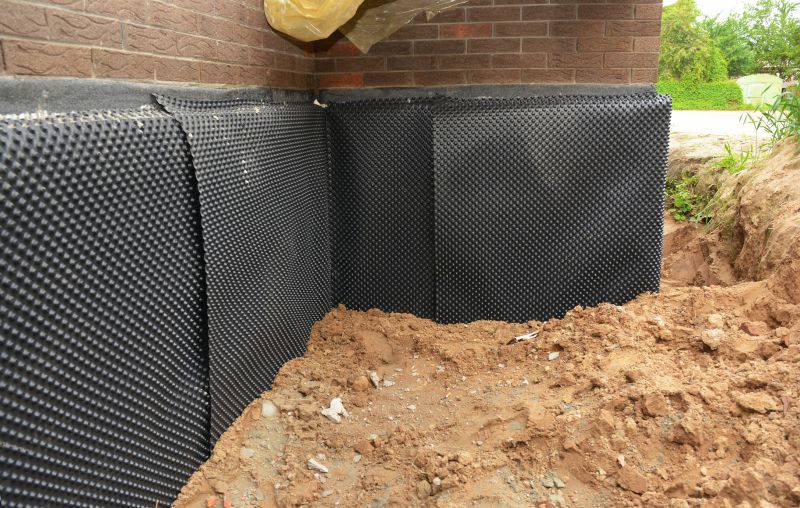
Exterior waterproofing involves excavating around the foundation to apply protective membranes.
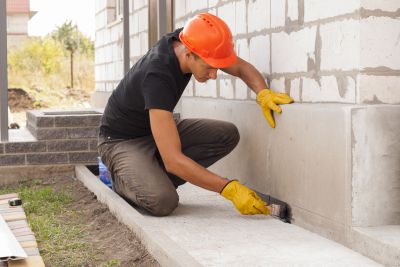
A professional inspects the foundation to identify potential water entry points.
| Benefit | Description |
|---|---|
| Prevents Water Damage | Protects foundation and basement from water infiltration and related damages. |
| Enhances Property Value | Maintains structural integrity, increasing long-term property worth. |
| Reduces Mold Risk | Prevents moisture buildup that can lead to mold growth. |
| Increases Durability | Extends the lifespan of the foundation and overall structure. |
| Cost Savings | Reduces future repair expenses related to water damage. |
| Improves Indoor Comfort | Keeps basements dry and prevents musty odors. |
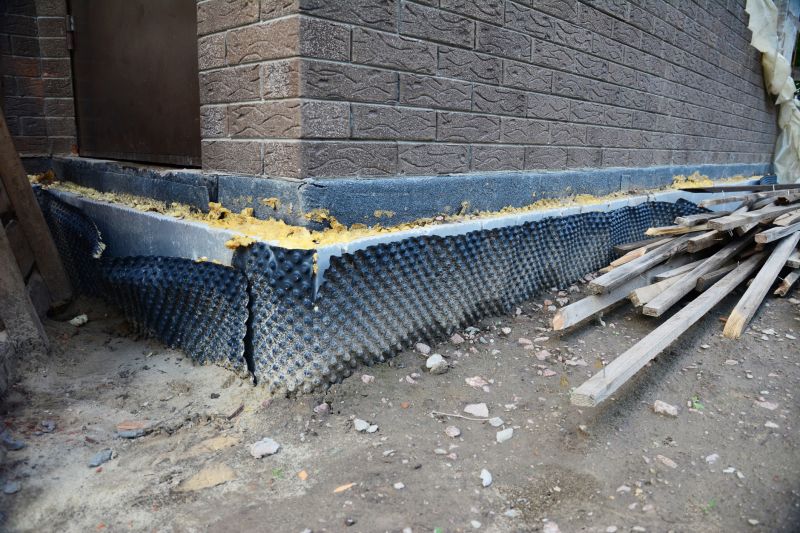
A contractor applies waterproof membrane to the exterior of a foundation wall.
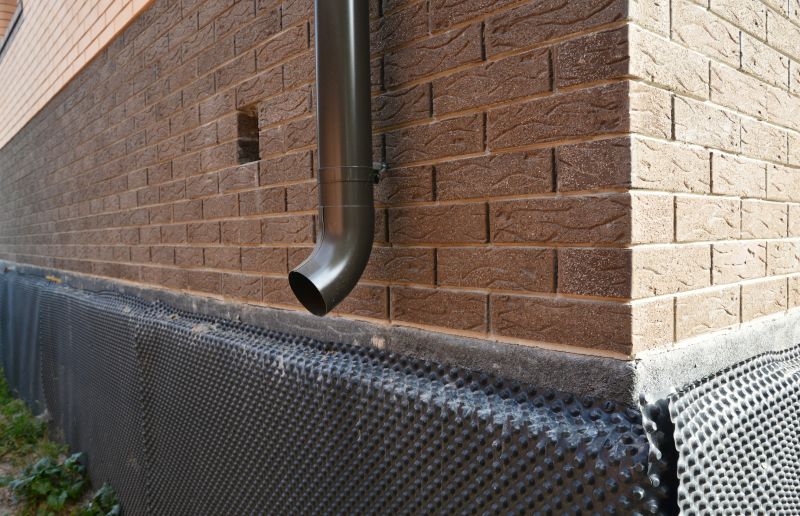
A trench drain is installed to direct water away from the foundation.
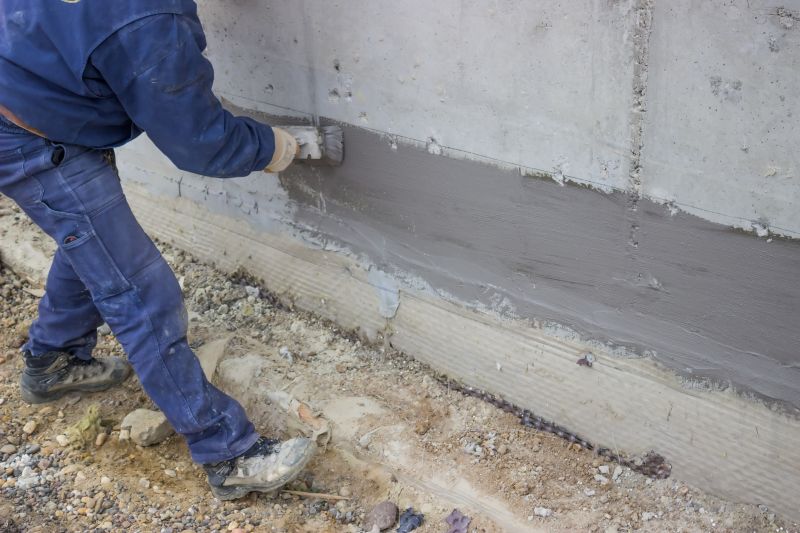
Cracks in the foundation are sealed to prevent water entry.

Dehumidifiers and drying systems are used to manage moisture levels.
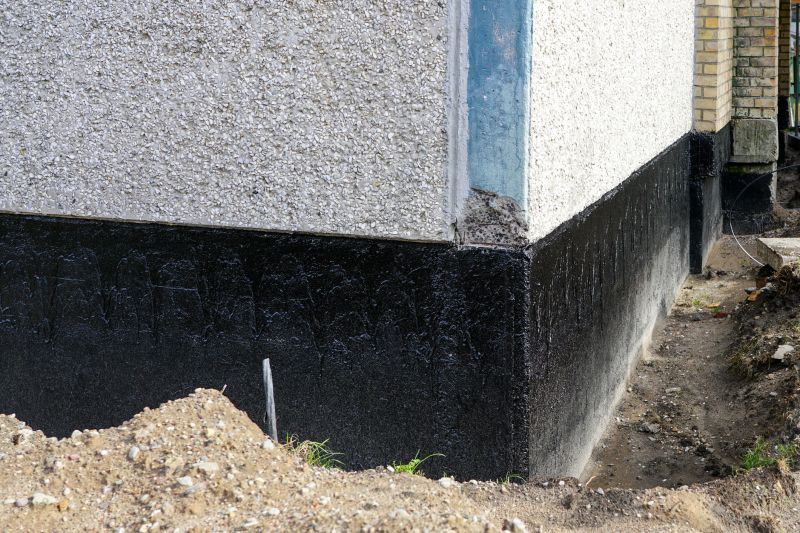
A waterproof coating is being applied to interior basement walls.
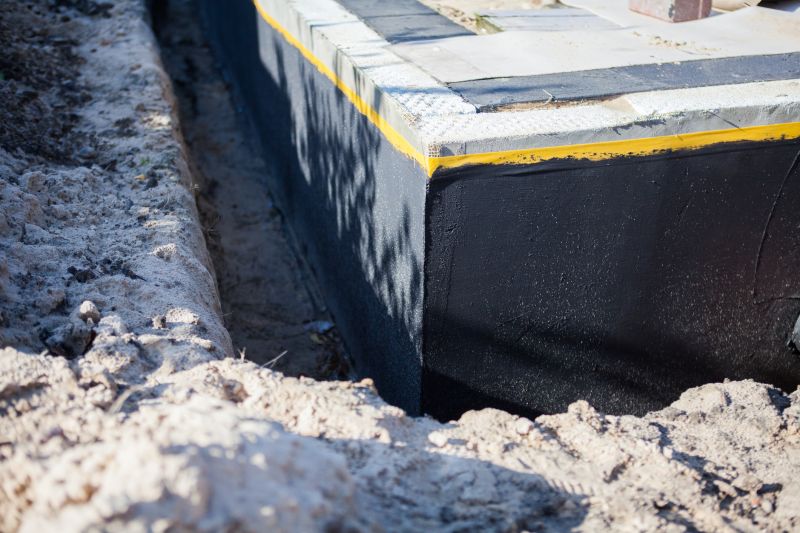
A professional reviews the waterproofing installation for quality and coverage.
Foundation waterproofing services are vital for both residential and commercial properties. Residential waterproofing focuses on protecting homes from water intrusion, preventing basement leaks, and maintaining structural integrity. Commercial waterproofing ensures that larger structures, such as warehouses and office buildings, remain dry and functional, especially in areas prone to heavy moisture exposure. Proper waterproofing can also help meet building codes and insurance requirements, reducing liability and risk. Regular inspections and maintenance are recommended to ensure ongoing protection. Employing experienced professionals guarantees that waterproofing measures are correctly implemented, minimizing the likelihood of future issues. The durability and effectiveness of waterproofing depend on proper application and materials used, making expert service essential.
Hiring a professional for waterproofing services ensures the job is completed to industry standards, utilizing appropriate materials and techniques. Professionals have the expertise to identify potential problem areas that might be overlooked by untrained individuals. Proper preparation, application, and inspection by experienced contractors can significantly extend the lifespan of waterproofing solutions. DIY methods may save money initially but often lack the durability and thoroughness required for long-term protection. Professional waterproofing also includes warranties and guarantees that provide peace of mind. Ensuring proper drainage, sealing, and coating prevents water infiltration effectively, safeguarding property value and structural safety. Investing in expert services reduces the risk of costly repairs and property damage in the future.


